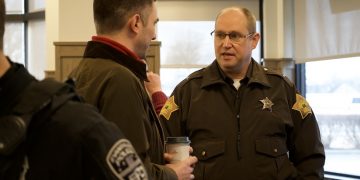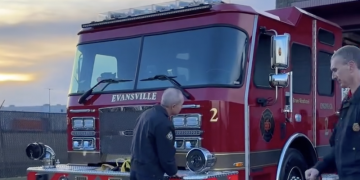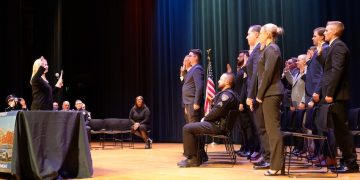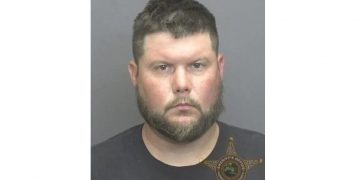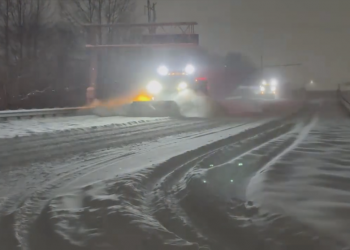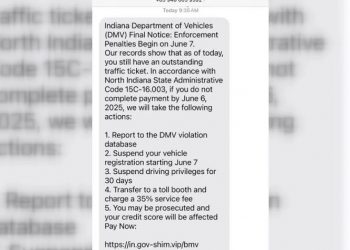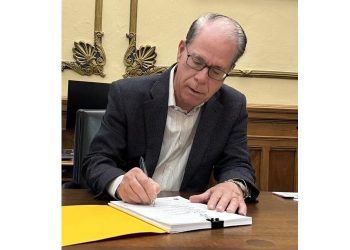Indianapolis, Indiana – The nearly complete abortion ban enacted last year was challenged in court using the state’s religious freedom provision, but the Indiana Supreme Court declined to hear the case on direct appeal.
The ruling was made on Monday afternoon, which means the matter will now proceed to the Indiana Court of Appeals and go through the customary appeals procedure.
“The Court has considered Appellants’ motion and has determined that it should be, and therefore is, DENIED. Jurisdiction, to the extent it exists in this matter, remains with the Court of Appeals,” according to a Jan. 30 order signed by Chief Justice Loretta Rush, who noted that all justices concurred with the decision.
The recently approved Indiana abortion law bans all abortions, with the exception of those caused by rape or incest up to 10 weeks of pregnancy, when the mother’s life or health is in danger due to pregnancy, or when there are fatal fetal defects.
As a result of plaintiffs’ claims that the abortion statute “substantially burdens” their right to practice their faith, infringing on Indiana’s Religious Freedom Restoration Act, a Marion County judge issued a preliminary injunction against the bill in December (RFRA). The 2015 law stipulates that unless there is a compelling government interest that is being promoted in the least restrictive manner, the government cannot materially limit someone’s exercise of religion.
Plaintiffs in the case include Hoosier Jews for Choice and five unnamed women. The other group holds that Jewish law dictates that life does not begin at conception and that up until the moment of birth, the fetus is regarded as a part of the mother’s body.
Marion Superior Judge Heather Welch found in December 2022 that the plaintiffs’ arguments that the abortion statute violates RFRA are “reasonably likely to succeed.”
It was the second injunction involving a legal protest against Indiana’s new abortion law. The Indiana Supreme Court took up the case and heard arguments earlier this month following a separate lawsuit that contested the rule on constitutional grounds.
Five justices interrogated the lawyers for the opposing sides at the roughly 70-minute session on January 19. The top court in the state did not provide a deadline for a decision.



















